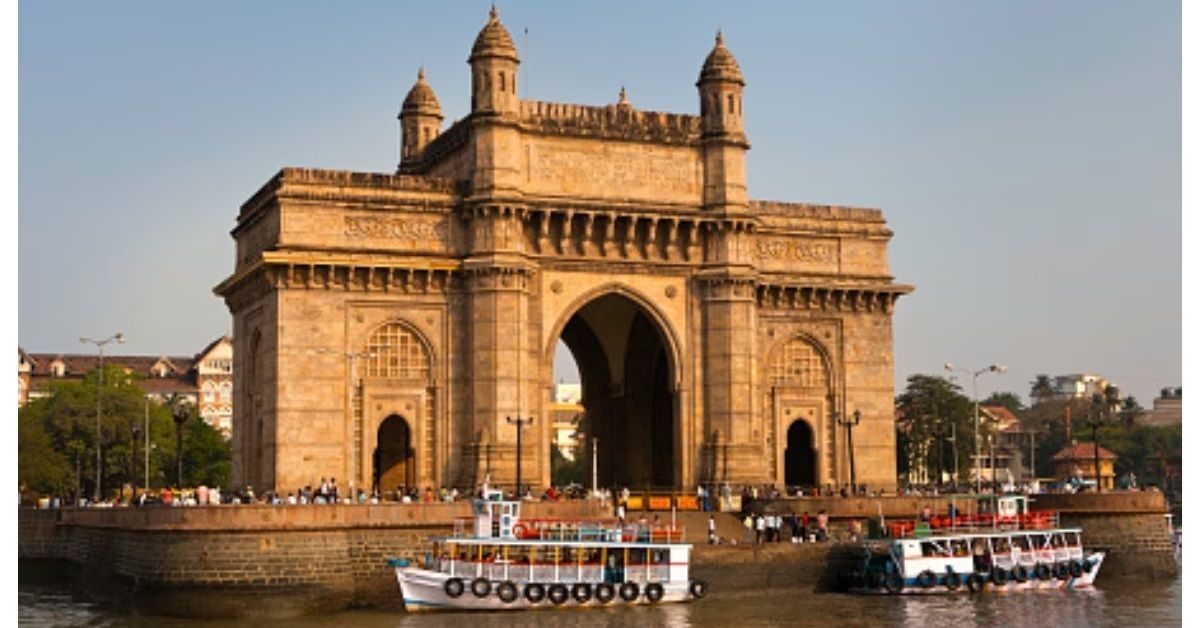By rejecting a lawsuit contesting the qualifying requirements for the project’s tender, the Bombay High Court cleared the path for the modernization of the jetty at the Gateway of India. A pontoon was positioned as part of the jetty’s modernization project to guarantee maritime activities’ sustainability, efficiency, and safety. As part of the qualifying requirements, bidders had to have at least ten years of pontoon installation and operating expertise. Consortium membership was restricted, and bidders had to show that they had previously worked on HDPE pontoon projects made of high-density polyethylene in order to be eligible.
Pontoon manufacturing and installation are the activities of the petitioner, Marinetek India Services Private Ltd. They claimed that the tender’s eligibility requirements were capricious and intended to give preference to West Coast Marine, a bidder with HDPE pontoon experience. They wanted to allow consortiums to participate and decrease the requirement of ten years of expertise to three years. Additionally, they demanded an explanation for the inclusion of HDPE pontoons in the qualifying requirements, arguing that it disqualified other qualified bidders.
The Ministry of Ports, Shipping and Waterways & Ors. defended the requirements by stating that, in light of the difficult operating conditions at the site, they were required to choose a qualified, seasoned, and trustworthy contractor for the high-stakes project. They clarified that in order to meet site-specific problems, HDPE pontoons were required as part of the eligibility criteria. They rationalized leaving out consortiums in order to prevent accountability issues that come up when working with several partners. The petitioner said that when taken as a whole, these sections show a desire to establish a monopoly in favor of West Coast Marine, negating the goal of an open and competitive bidding process.
The petitioner’s argument was dismissed by the court, which was presided over by Chief Justice Devendra Kumar Upadhyaya and Justice Amit Borkar. The court stated that the criteria were reasonable and in line with the project‘s technical requirements. The court agreed with the defendant’s explanation, ruling that “it is well-settled that the tendering authority is best placed to assess its specific needs and the qualifications necessary for a project of this scale and complexity.”







